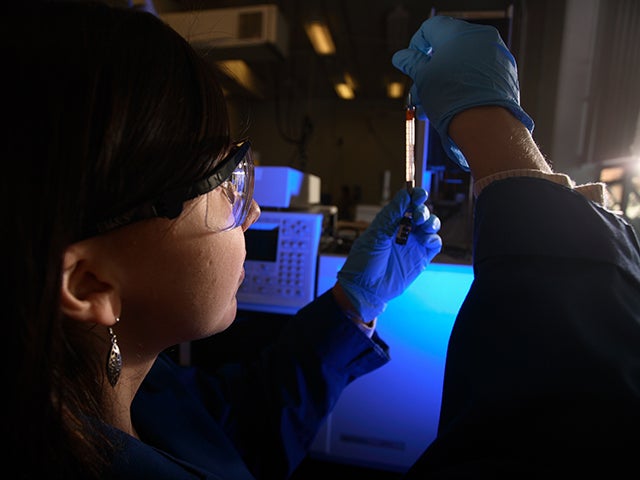Remote Sensing of the Environment
Instruction Mode: In-Person Instruction
Open Seats
8 Unreserved Seats

Instruction Mode: In-Person Instruction
Open Seats
8 Unreserved Seats

Instruction Mode: Pending Review

Instruction Mode: Pending Review

Instruction Mode: Pending Review

Instruction Mode: Pending Review
Open Seats
8 Unreserved Seats

Instruction Mode: Pending Review
Asynchronous Instruction
Time Conflict Enrollment Allowed
Open Seats
9 Unreserved Seats

Instruction Mode: Remote Instruction
Open Seats
37 Unreserved Seats

Instruction Mode: Remote Instruction

Instruction Mode: Remote Instruction

Instruction Mode: Remote Instruction
Open Seats
36 Unreserved Seats
